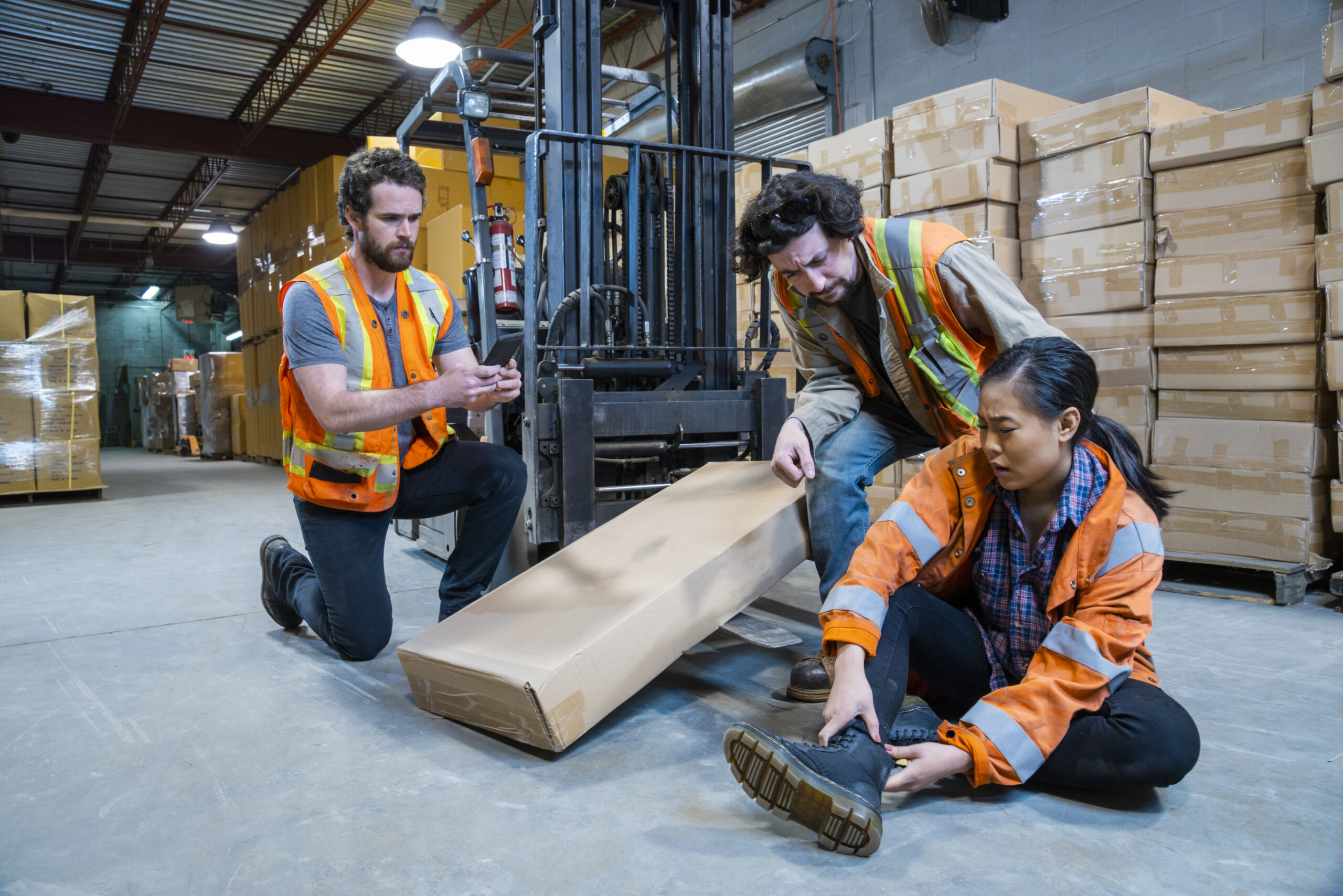
WorkCover Claim – Your Quick Guide.
If you’re injured at work in NSW, the workers compensation scheme provides a range of benefits and lump sums to support you financially and help you get back to work if you can. A workers compensation claim in NSW was formerly known as WorkCover claim, and the scheme is still commonly referred to as WorkCover. In this guide we provide tips and advice on how to get your WorkCover claim accepted.

How to make a WorkCover claim
To make a WorkCover claim, you’ll need to:
- Report your injury to your employer
- Provide a certificate of capacity from your doctor
- Your employer then has 48 hours to report your injury to their workers compensation insurer
- You can also report it directly to the insurer if you like
- The insurer will contact you to arrange an assessment of your injuries and then notify you whether it’s accepting liability for your claim
- It’s important to note that you don’t have to agree with the insurer’s decision and you should seek legal advice if you have any concerns about it
If you need more information on how to make a WorkCover claim, you can call 13 15 15 for free legal advice.
WorkCover claim time limit
The WorkCover claim time limit in NSW is six months from the accident or injury date. However, there are exceptions where you can exceed this time limit. For example:
- A WorkCover claim can be made up to three years after the accident in some situations (e.g. if you’ve been travelling or you make an honest mistake)
- If a claim relates to an injury resulting in death or serious and permanent impairment, the claim may still be made after three years, if there’s a reasonable cause for the delay
- If a period greater than three years has passed since the accident then a WorkCover claim may still be made with approval from the Personal Injury Commission after retaining a lawyer.
The WorkCover claim time limit can be extended if you become aware of an injury a long time after the accident. In these cases, the time limit for WorkCover claims starts from the time you become aware of your injury and the reasons for it.
How to get your WorkCover claim accepted
It’s common for insurers to deny part or all of WorkCover claims. Here’s how to get your WorkCover claim accepted:
- You’ll need a certificate of capacity from your doctor that confirms your work-related injury or illnesses.
- This certificate will also document your capacity to return to work, so it’s critical to the success of your claim.
- You’ll also need to provide evidence that the injury or illness was caused by your work. Insurers often deny WorkCover claims on the basis that the employment wasn’t the main contributing factor to the injury.
- You’ll need to show that your treatment was ‘reasonably necessary’. Insurers often claim that it wasn’t ‘reasonably necessary’ to have the medical treatment or to incur other expenses you’ve claimed.
The challenge for injured workers is that the insurer doesn’t automatically pay you everything you’re entitled to, and you may need to raise a dispute with the insurer to get your WorkCover claim accepted. The Personal Injury Commission (PIC) is the central body in NSW for resolving all workers compensation disputes. Here are your options if you need to raise a dispute:
- Request an internal review by the insurer, who must respond within 14 days
- Lodge a dispute directly with the PIC
- If you need help with your claim or a dispute, you should contact a personal injury lawyer who specialises in WorkCover claims and offers free legal advice. It’s often possible to get legal representation at no cost to you.
Even if you don’t plan to raise a dispute with the insurer, it makes sense to get free legal advice on your claim to give yourself the best possible chance of having your WorkCover claim accepted.
Does WorkCover affect future employment?
Generally, employers are not allowed to discriminate against someone who has made a WorkCover claim. In fact, Federal Fair Work legislation prohibits employers from refusing to hire a worker who has made a WorkCover claim, so your claim shouldn’t affect future employment. However, prospective employers can be hesitant about hiring someone who has a pre-existing condition that may affect their work or increase the employer’s risk of being held liable for an injury. For example, an employer would be well within their rights to refuse to hire a removalist who has a pre-existing back problem. On the other hand, if the removalist had made a full recovery, the employer can’t refuse to hire them.

Chantille Khoury
Principal
Chantille is a multi-award-winning, preeminent workers compensation specialist with over 20 years’ experience. Having ranked top 6 nationwide in the highest category of the Doyle’s Guide, Chantille is now providing feedback on policy changes for the Personal Injury Commission and government bodies.
Call 13 15 15 or chat to us now for free advice
Chat nowFind out how much you can claim.
Get startedRelated articles.
Do I have a case?
Our senior lawyers will assess your case for free1.



















